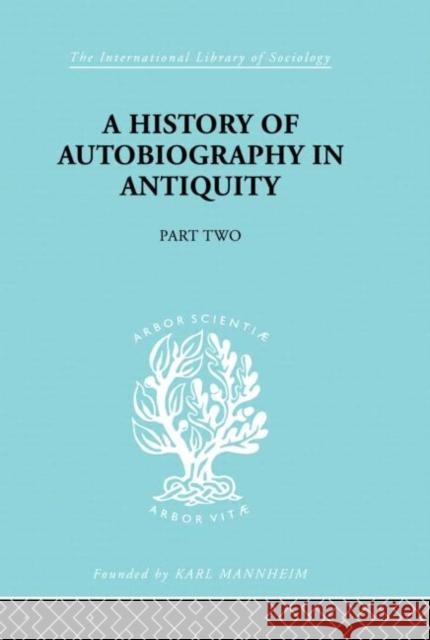A History of Autobiography in Antiquity » książka
topmenu
A History of Autobiography in Antiquity
ISBN-13: 9780415176095 / Angielski / Twarda / 2003 / 360 str.
A History of Autobiography in Antiquity
ISBN-13: 9780415176095 / Angielski / Twarda / 2003 / 360 str.
cena 973,56
(netto: 927,20 VAT: 5%)
Najniższa cena z 30 dni: 906,73
(netto: 927,20 VAT: 5%)
Najniższa cena z 30 dni: 906,73
Termin realizacji zamówienia:
ok. 16-18 dni roboczych.
ok. 16-18 dni roboczych.
Darmowa dostawa!
First published in 1998. Routledge is an imprint of Taylor & Francis, an informa company.











